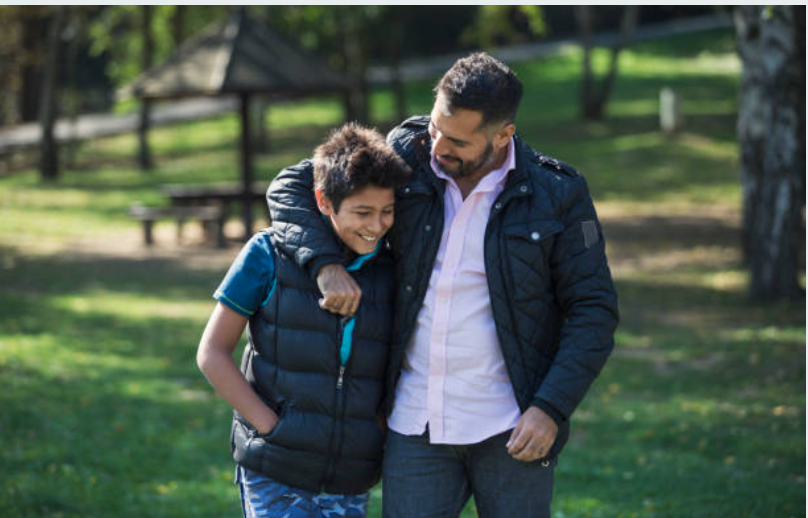News
Pursuing Passions: 3 Ways Chess Changed My Life
Guest post by Evan Rabin of Premier Chess. As you progress through high school, you develop your interests and figure out how you want to spend your time. For me, chess became a passion, and I became extremely involved in the competitive chess community. As a result, chess was a big part of my story when I applied to college.
Staying Patient with Teens: 5 Game-Changing Suggestions for Parents
As a parent, we can think of patience as the ability to deal with difficult situations or problems in a calm and rational manner. Feelings may still be a part of the thought processes and the discussion at hand, but they’re able to be brought to the table in a level-headed manner. Staying patient with teens also involves a level of compassion and love for self.
Brain Food: 5 Essential Brain-Boosting Recipes
Understanding kids’ relationship with food and its tie to their mental health helps determine which foods can accommodate a kid’s healthy lifestyle and can promote mental health. Helping kids develop healthy eating habits, teaching them to avoid trigger foods, to exercise self-determination in food choices, and to understand the socio-emotional role of food.
5 Ways to Help Your High School Senior Get Ready for College
Going off to college is a right of passage for approximately 62 percent of high school seniors. But not every high school senior is ready for college. And this often leads to havoc once these students arrive on campus and become immersed in life away from home. So, before your student leaves for college, it is essential for them to know how to manage their time, learn from mistakes, and perform not-so-basic basic tasks like doing laundry and calling in a prescription for medicine.
5 Ways to Balance Academic Responsibilities and Mental Health
Finding healthy ways to balance academic responsibilities and mental health can help to ensure that students have the tools to be successful in and out of the classroom. Here are 5 ways to balance academic responsibilities and mental health.
How many times has your child asked when they would ever use something they learn in school? “Why do I need to learn trigonometry? What are Robert Frost poems going to mean to me in four years?” Well, you can easily tell your children that learning, processing, and evaluating historical facts will help them to better understand the world, to become more responsible contributors to their communities, and to become impactful professionals in our global world. Learning and understanding historical facts teaches children many different but essential lessons.







